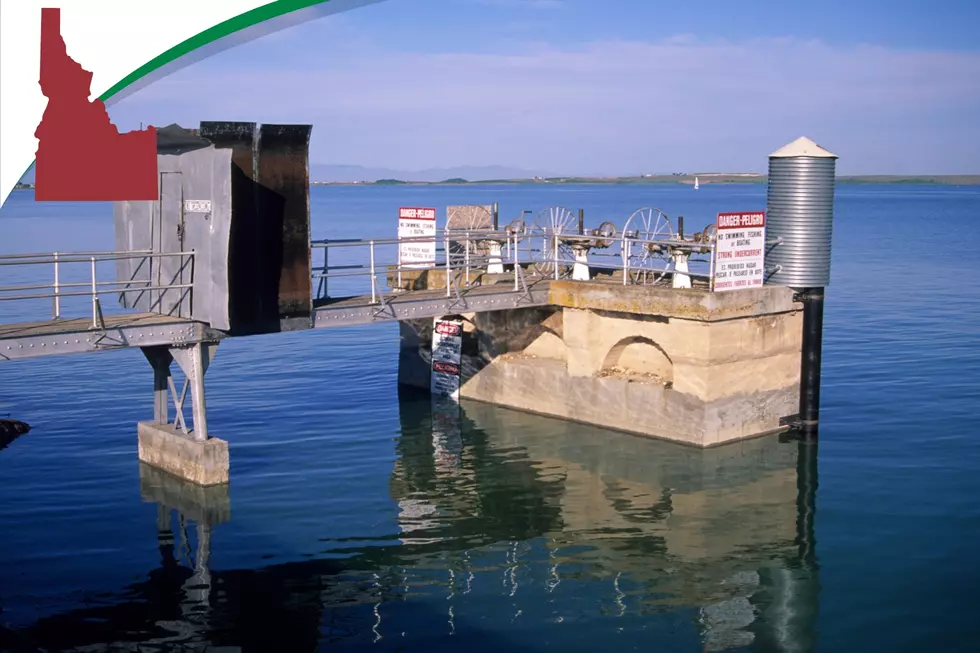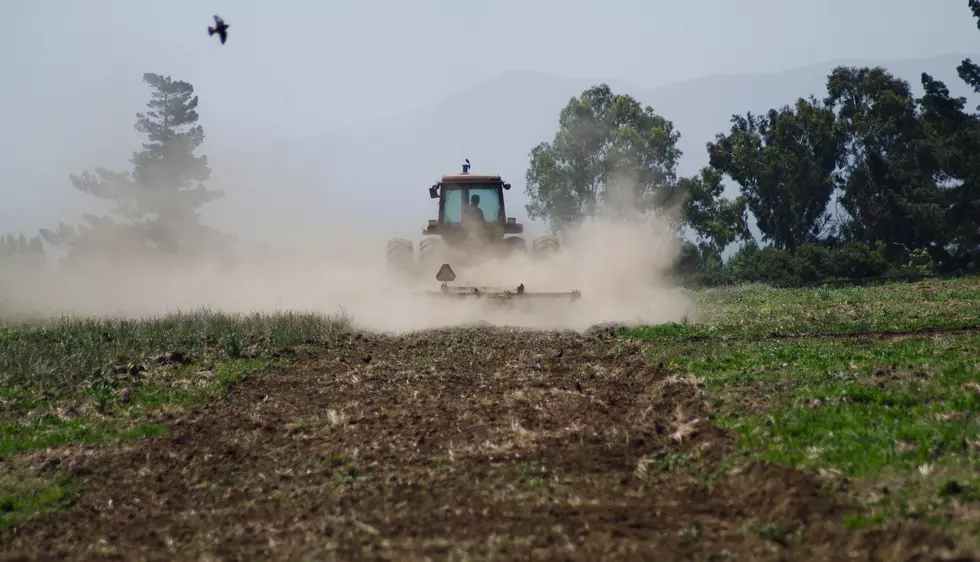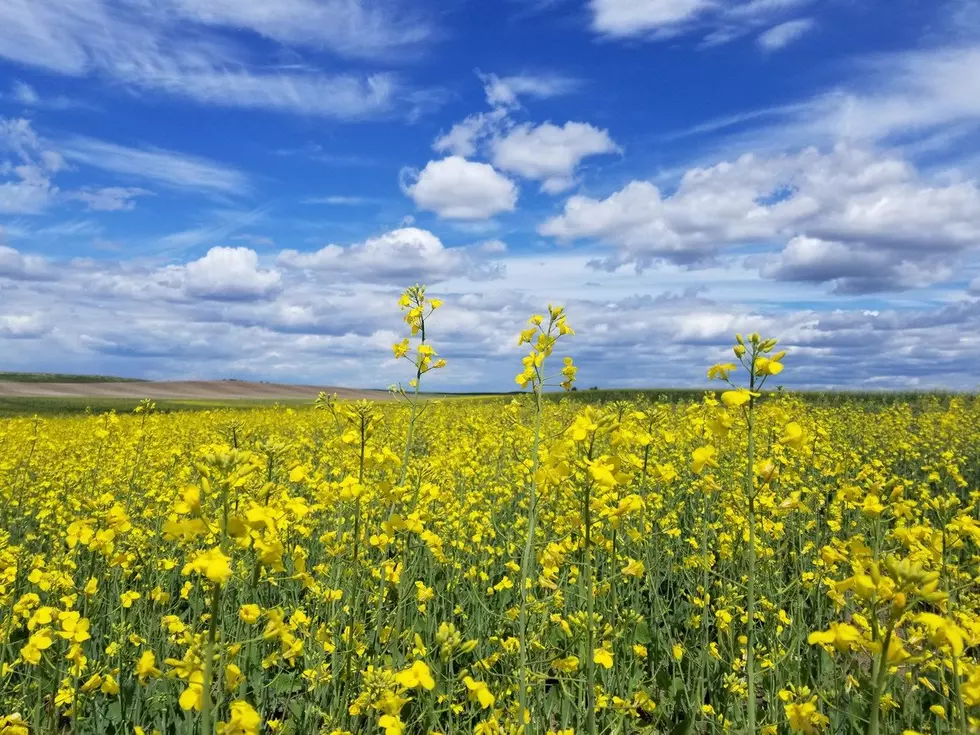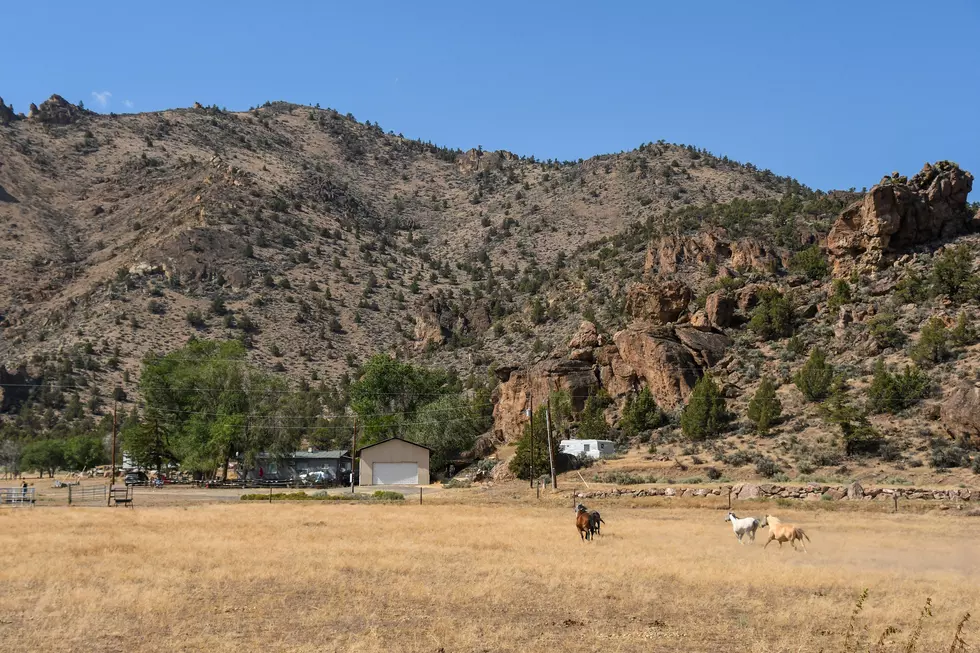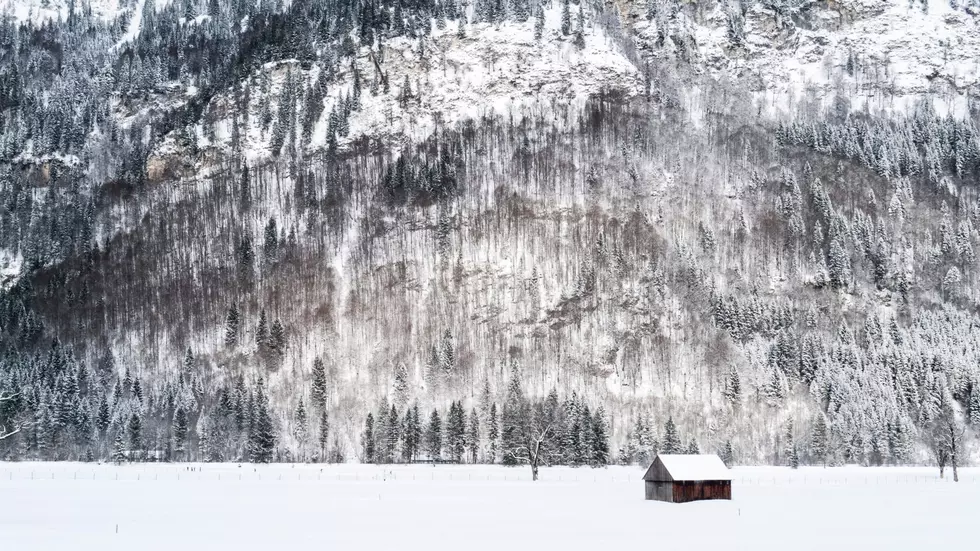
NRCS: Washington Records Record Low Precipitation In March
According to NRCS, Washington experienced less than 20% of normal precipitation in March, setting record lows for precipitation statewide.
“March started off promising with reasonable snowfall in the mountains and even a rare shot of snow in the low lands during week two,” said NRCS Water Supply Specialist, Scott Pattee. “The rest of the month suddenly dried up."
Normal snow melt has been observed at mid-low elevations, however snow above about 4000-4500’ seems to be holding, for now.
Last week, Governor Jay Inslee has declared drought in the Okanogan, Methow and Upper Yakima basins. Additional basins are under careful watch and may be included later.
The US Drought Monitor for Washington state shows the state continues to dry out. The April 1 statewide snowpack dropped to 80% of normal, a 10 point drop in one month.
“For every day that went by without mountain snow accumulation we lost ground,” said Pattee.
April 1 reservoir storage in the Yakima Basin was 416,500-acre feet, 81% of average for the Upper Reaches and 99,000-acre feet or 66% of average for Rimrock and Bumping Lakes. The power generation reservoirs included the following: Coeur d’Alene Lake, 133,100-acre feet, 80% of average and 56% of capacity; and the Skagit River reservoirs at 69% of average and 36% of capacity. Recent climate impacts and management procedures may affect these numbers on a daily or weekly basis.
Lack of March precipitation brought all reported streamflow’s to below or much below normal. All streamflow forecasts have dropped by at least 10% from last month, putting many of them near or below the current state drought declaration authority of 75% of normal for the April – September runoff period according to the Northwest River Forecast Center. The Walla Walla and Lower Snake basins are the only areas to retain above normal runoff forecasts.
Since 1939, NRCS has conducted snow surveys and issued regular water supply forecasts. Since the late 1970s, NRCS has been installing, operating and maintaining an extensive, high-elevation automated system called SNOTEL, designed to collect snowpack and related climatic data in the western U.S. and Alaska.
If you have a story idea for the Washington Ag Network, call (509) 547-1618, or e-mail gvaagen@cherrycreekradio.com
More From PNW Ag Network
